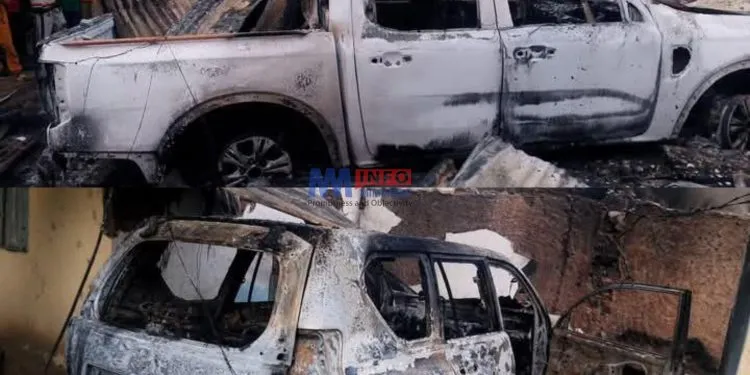In the early hours of May 6, 2025, suspected Boko Haram militants launched a violent assault on the locality of Hile-Alifa, between 2 a.m. and 4 a.m., leaving one Cameroonian soldier dead and several others injured. Local sources report that the hospital in the Makary District has received the wounded for treatment.
The assailants set two municipal vehicles ablaze in the mayor’s garage and reportedly stole several weapons.
Pattern of Violence Continues
This latest attack points to the ongoing threat Boko Haram poses in the Far North, despite the government’s repeated claims of the group’s weakening. Security analysts say the group remains active in border zones and continues to launch cross-border raids, particularly in the Lake Chad basin.
It also comes after a deadly ambush in the same region on March 24–25, 2025, which claimed the lives of at least 12 Cameroonian soldiers. That attack remains one of the deadliest assaults on government forces in recent months and highlighted the continued operational capacity of the insurgents.
Broader Security Challenges
The incident in Hile-Alifa comes just one day after another deadly attack in Cameroon’s South West Region. On May 5, separatist fighters reportedly detonated an improvised explosive device (IED) near Ikata village in Munyenge, killing two soldiers from the elite Rapid Intervention Battalion (BIR) and critically injuring three others. That attack marked the first major separatist assault on security forces in the region since May 2024.
The near-simultaneous attacks in both the Far North and South West regions point to the growing complexity of Cameroon’s security landscape. Government forces face challenges as they tackle jihadist insurgents in the north and separatist fighters in the Anglophone west.
No Official Statement Yet
As of Tuesday afternoon, Cameroonian authorities have not released an official statement on the Hile-Alifa attack. Security operations in the area are reportedly ongoing.
The latest wave of violence will renew public pressure on the government to strengthen troop presence and enhance intelligence gathering in remote and vulnerable regions.



